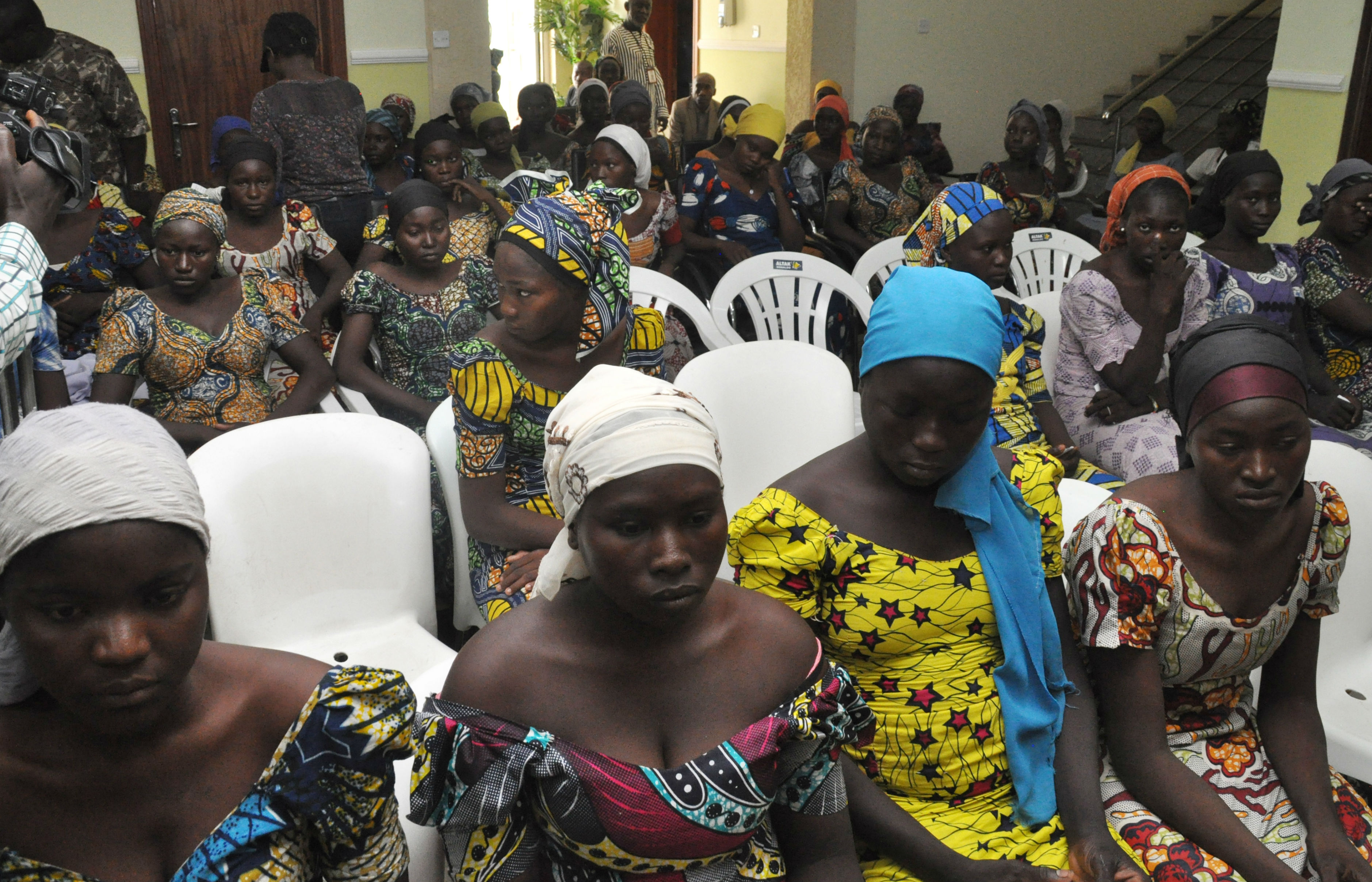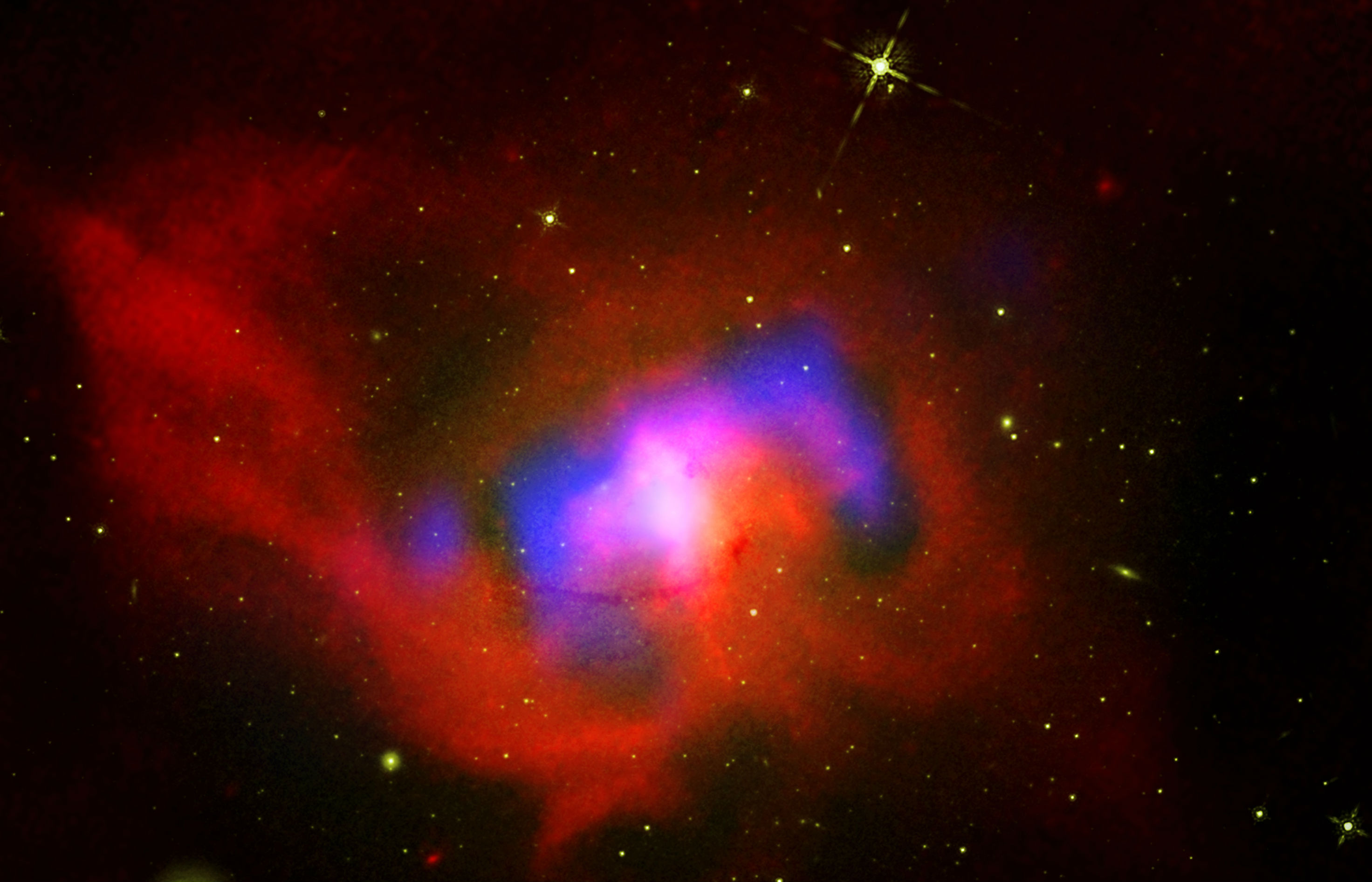The Church’s mistaken condemnation of Galileo’s theory that the earth revolves around the sun and, four centuries later, Richard Dawkins’ popular crusade against faith has led to a popular perception that religion and science are enemies.
But a forthcoming Vatican scientific summit focussing on black holes and the origins of the universe lays down a challenge to this view.
Taking place at the Vatican observatory, which is at the former papal summer residence in Castel Gandolfo, it will bring together 35 renowned scientist including a Nobel prize winner in physics, Gerald ’t Hooft and English academic Sir Roger Penrose, a recipient of the 1988 Wolf prize which he shared with Stephen Hawking.
The event, from 9-12 May, also marks the 50th anniversary of Mgr Georges Lemaître, a French priest and physics professor who in 1927 developed a cosmological solution that would become the precursor to the “Big Bang” theory.
Today, the baton of bringing together faith and science is being carried forward by Brother Guy Consolmagno, a Jesuit and columnist for “The Tablet”, who pointed out all the first scientists were religious priests or monks. To make the point he dresses in a clerical collar while wearing a ring to show he is a graduate of the prestigious MIT (Massachusetts Institute of Technology)
“I realise when I became a Jesuit after being a scientist for 20 years, how many of my colleagues were deeply religious,” he told me today following a news conference in the Vatican to launch the gathering. “There’s a problem that too often that we don’t talk about our religion, or even worse we don’t talk about our science among our religious friends.”
He went on: “the biggest problem is the people in the pews who have been told they have to choose between science and religion. And if they don’t know any science but they know religion, they’ll chose religion and reject science when it shouldn’t be a rejection. That’s a crime against science.”
Brother Guy, who works with a dozen astronomers at the observatory, stressed that scientists who were motivated by a search for truth is really “an act of worship”, while anyone who searches for truth is “a deeply religious person whether they want to admit it or not.”
He also suggested that members of the parish should consider “setting up telescopes” in their parking lots, or lead groups on nature trails.
“The connection to the physical universe is something we are missing anyway,” he said. “We’ve paved over paradise, as the old song [by Joni Mitchell] says.”
On Galileo Br Guy admitted the Church did not come out in a good light but today it was a good starting point for discussions about faith and science.
During Monday’s press conference he warned believers against arguing that God caused the Big Bang, as this both assumes that more scientific discovery is not necessary while also relying on an impoverished understanding of the divine.
“If you look at God as merely the thing that started the big bang, you reduce God to a nature God, to a Jupiter who throws around lightning bolts,” he explained.
The Jesuit then cracked a joke about Stephen Hawking arguing that God is a “fluctuation in the primordial gravity field.” He went on: “If you say that, then you are saying God is gravity. Maybe that’s why he thinks Catholics celebrate Mass!”
The point, however, is that for Br Guy God is not simply filling in the gaps that science leaves unexplained but his creativity is “continually happening.”
Fr Gabriele Gionti, another Jesuit and the main organised of this week’s conference, pointed out at the news conference that Lemaître distinguished between the “origins” of the universe and its “beginnings.” The latter, he pointed out, was a scientific question while the former was a “theologically charged" one. In other words science looks to uncover “how” the universe came into being but it’s up to theology to reflect on “why” it all happened in the first place.
The Vatican Observatory, Br Guy said, was founded in 1891 to show the Church supports “good science.” And he added that the forthcoming conference, titled “Black Holes, Gravitational Waves and Space-Time Singularities” was all about creating that.
PICTURE: A giant black hole at the centre of the Centaurus galaxy cluster. The conference will focus on black holes and the origins of the universe.




 Loading ...
Loading ...